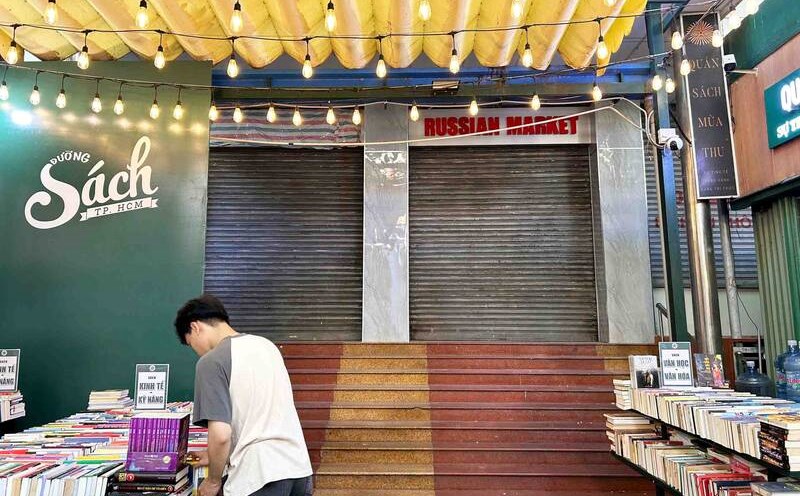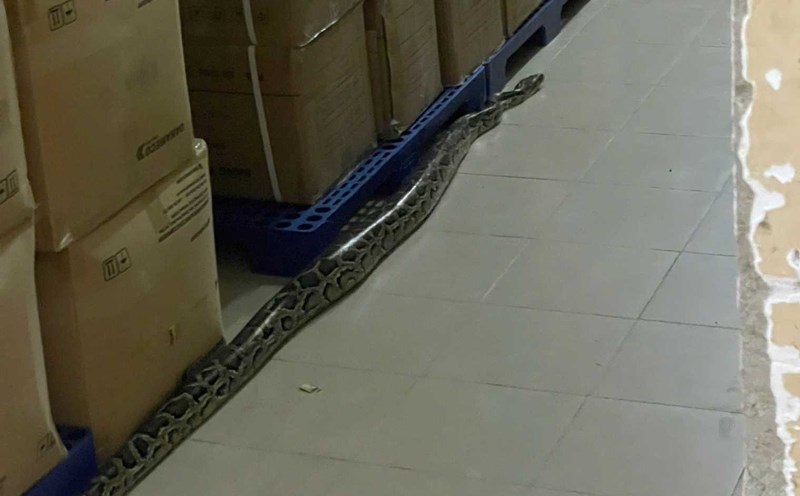Domestic coffee prices
On October 18, coffee prices in key Central Highlands regions decreased by VND 1,000/kg, bringing the average price in the whole region to VND 114,300/kg.
Coffee prices in Dak Lak and Dak Nong (old) both decreased by VND 1,000/kg, closing at VND 114,500/kg.
Coffee prices in Lam Dong decreased by VND 1,000/kg, down to VND 113,500/kg.
Coffee prices in Gia Lai decreased by VND 1,000/kg, to VND 114,000/kg.
World coffee prices:
The international coffee market has the opposite reaction. Robusta fell sharply, while Arabica increased thanks to record-low inventories.
Robusta ( London): Reversed sharply down 62 USD/ton (1.33%), closed at 4,552 USD/ton. This decrease comes from the forecast of heavy rain this weekend in the Central Highlands, Vietnam, increasing the prospect of productivity.
Arabica (New York): In contrast, Arabica increased by 3.65 US cents/lb (+0.93%), closing at 397.45 US cents/lb. This increase is supported by the information that Arabica inventories on the ICE exchange have decreased to a 19-month low.
Robusta's price decline is the main reason for domestic prices to decrease, despite Arabica's increase.
Assessment and forecast
The trading session at the end of the week showed that the market is being torn between two opposing forces: Brazil's crop risk (pulling up) and Vietnam's supply prospects (pulling down).
Accordingly, Arabica inventories on the ICE have decreased to a 19-month low (467,110 bags). This shortage, combined with US-Brazil tariffs, creates a major barrier to deep price declines.
Concerns about severe droughts in Brazil (Minas Gerais only receives 48% of average rainfall) are still the strongest driver for Arabica and attract the entire market.
Volcafe still forecasts that the global Arabica market will have a deficit of up to 8.5 million bags in the 2025/26 crop year.
Meanwhile, the downward pull in prices is due to the forecast of heavy rain in the Central Highlands, which will support the new crop, easing concerns about the short-term supply of robusta.
Rumors about a US-Brazil high-level meeting could lead to a 50% tax on Brazilian goods, which would also reduce supply pressure, dragging Arabica prices (and indirectly Robusta) down.
It is forecasted that the market will enter the new week with high fluctuations. Robusta's decline is a necessary adjustment after prices increased too quickly. However, as long as Arabica inventories remain at a record low and weather risks remain, the market will still have strong recovery potential.











